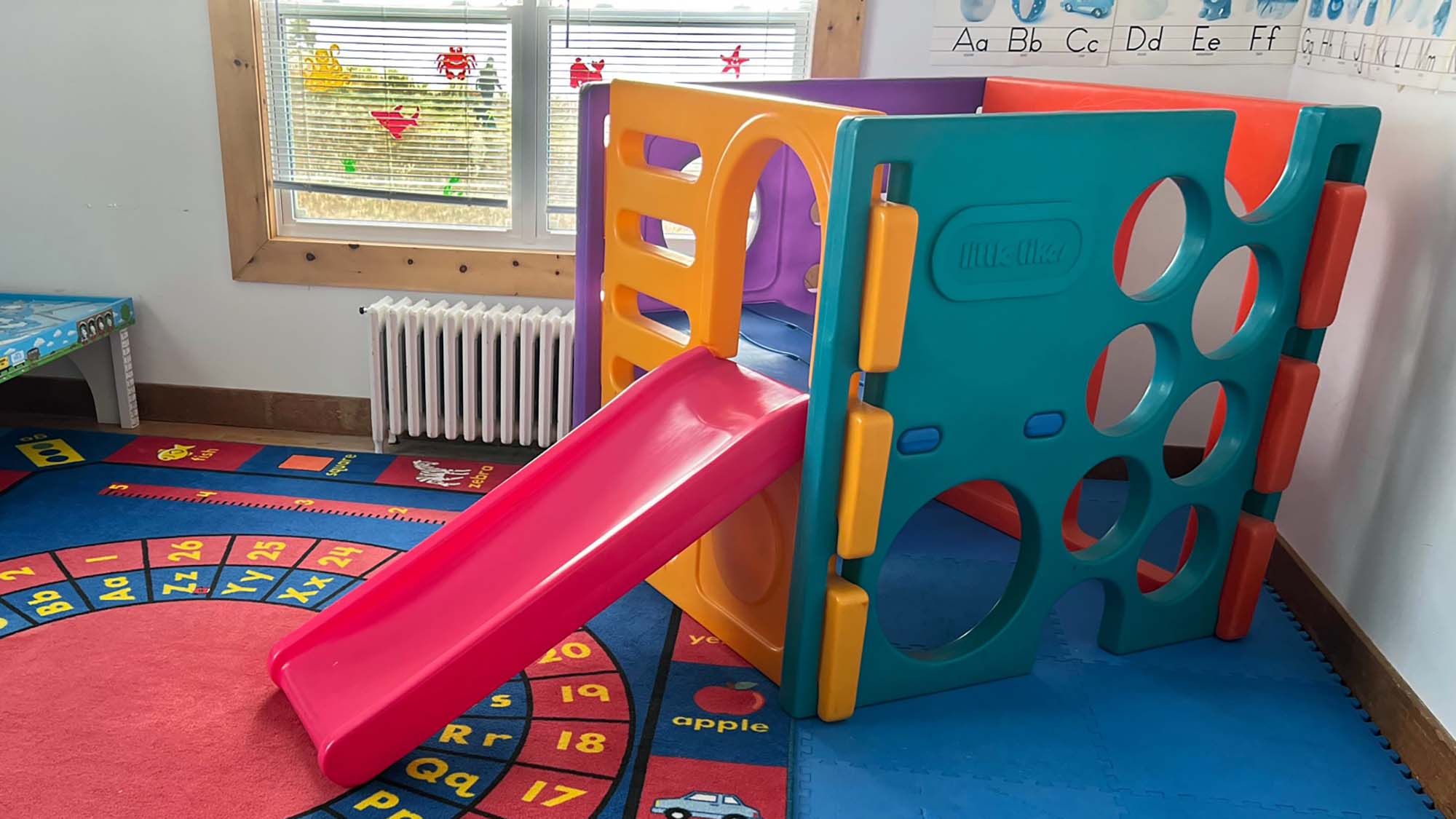Nova Scotia’s new Mockingbird foster care model incorporates ‘grandmother’ role
Province hopes to replicate success of program that began in Washington state

caption
Nova Scotia is experimenting with a new model for foster care known as the Mockingbird Family model. Aimed to create a family-centred approach, the model was started by a non-profit in Seattle.As Nova Scotia experiments with a new foster care approach aiming to give children a more family-centred experience, the government looks to the model’s track record.
Known as the Mockingbird Family Model, it connects a ‘constellation’ of foster homes together through an experienced foster parent, in a ‘hub home.’
Nova Scotia is the first jurisdiction in Canada to adopt the model. Two pilot projects launched over the weekend in Preston and Marion Bridge, Cape Breton.
As of September, there were 652 approved foster caregivers in the province. On average, there are just under 500 foster kids in the system at any time.
One MLA said he hopes Mockingbird becomes widespread in Nova Scotia, turning to his own past for a glimpse into how it might benefit foster kids here.
Brendan Maguire, who represents the Halifax Atlantic riding for the Liberals, grew up in the foster care system. The role of the hub home stands out to him.
“I like how it’s like going to a grandmother’s house, because I think for me personally and for a lot of kids I grew up with, that’s something that we missed out on,” Maguire said in an interview.
Beginnings in Washington state
The model was created by the Mockingbird Society, a non-profit in Seattle, Wash. Hayley Bridwell, director of practice innovation at the Mockingbird Society, said in an email that the first constellation opened in 2004 in Washington, and today there are over 120 across the world.
“Mockingbird Family is a simple idea, but takes work to implement,” Bridwell said.
Governments interested in the program will work with Mockingbird Foundation for a minimum of two years, Bridwell said, and can start with no more than two constellations before they can expand the model.
Mockingbird Society literature describes the foster children in the six to 10 satellite homes as being able to go to the hub home for support from a familiar, trusted person. This access to the hub home can also give their foster parents a break in times of crisis. A foster child’s birth family and siblings would be included in the constellation if possible. The satellite foster families will also gather regularly at the hub home for social events.
“The more support you can have for children in care, the more homes they can go to where they feel safe, the better,” Maguire said.
Holly Luna, a program manager with the Washington State Department of Children, Youth and Families, said the state has partnered with the non-profit to implement a small-scale rollout of the model after starting a pilot in 2004.
Luna said the success of the program lies in a government’s financial support for the program and “an attitude of hopefulness” among those involved that Mockingbird can be effective.
“Based on what I hear from my partners at Mockingbird, that’s what Nova Scotia’s doing, and that’s exciting,” Luna said.
Washington’s adaptation of the model remains small due to constraints within state government, Luna said there are no state-funded positions to support the program, and the implementation has come in waves over the years.
Out of the over 4,000 foster homes in the state, about 75 families in the Seattle-Tacoma metro area are in the Mockingbird model.
Luna said families involved have a strong affinity for the model. She sees benefits in how it creates solidarity and community among foster parents “in a really natural way” as they create connections between families in the constellation that “benefits the children themselves.”
The state is currently looking into further expansion.
Mockingbird in Nova Scotia
Nova Scotia Community Services Minister Karla MacFarlane said that her department has been reviewing Mockingbird’s success elsewhere since last fall.
MacFarlane said the province needs more foster families, and this option could help foster parents through its added supports.
“This is a game changer, hands down, in Nova Scotia,” MacFarlane said in an interview.
Alongside introducing Mockingbird, the province is spending $34 million on the foster care system and is moving to a block-funding model in 2023, which pays foster parents bi-weekly so they don’t have to seek reimbursement for each expense. Hub home families will be paid more due to their intensive role.
Together, MacFarlane said Mockingbird and the new payment approach will address two concerns she hears from foster families: a lack of sufficient payments and community support for them.
The province will review the Mockingbird pilot program, and if successful, will expand in 2024 to more foster families.
Maguire says his own family plans to foster children soon. As Mockingbird makes its way into the province, he had no hesitation on the question if his family would consider being part of it.
“Absolutely,” Maguire said.
About the author
Sam Farley
Sam is a fourth-year King's journalism student from Boston.
